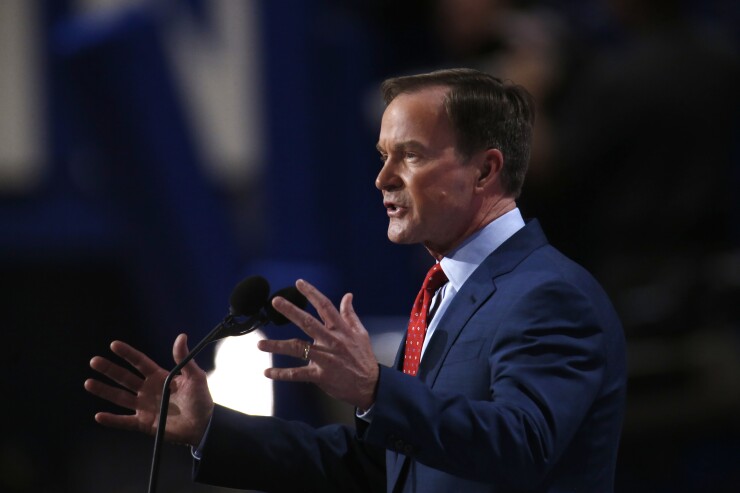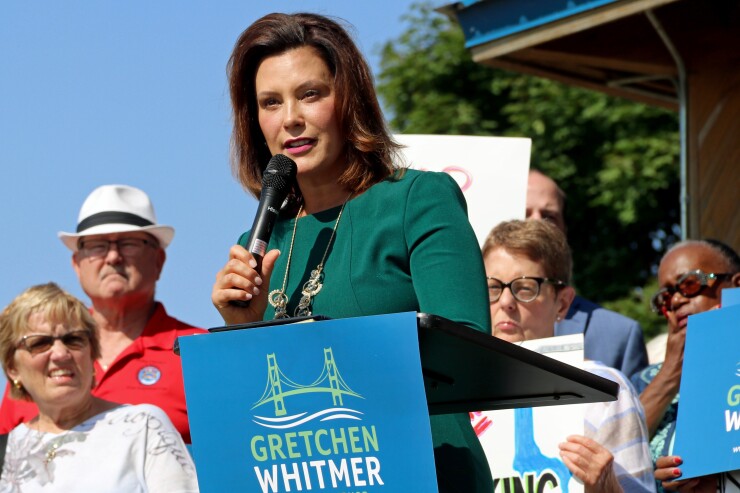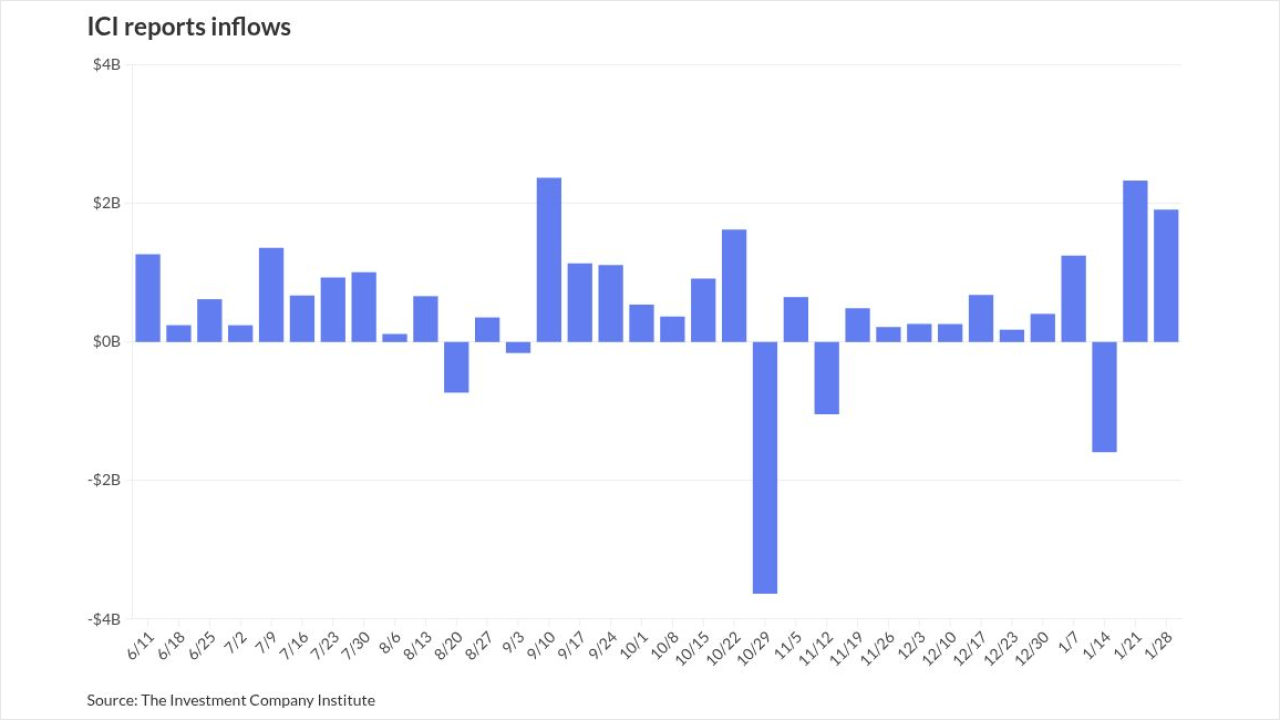Michigan’s infrastructure challenges are a central issue in the gubernatorial race between Attorney General Bill Schuette and former state Sen. Gretchen Whitmer.
Schuette, a Republican, and Whitmer, a Democrat, laid out their opposing plans on the issue in a recent debate. Whitmer wants $2 billion a year in new spending for infrastructure and another $1 billion in annual federal funding. The plan relies on raising revenue through increased fees or taxes. If that fails, Whitmer has proposed raising the funds through bonding.

Schuette opposes her plan, arguing Whitmer is “describing the road back to the lost decade” by threatening to impose tax hikes that would slow economic growth.
"I will write a budget that has $3 billion dedicated to roads, and I'm hoping that the legislature will work with me," Whitmer said. "If they don't, I will go straight to the people and get a bond passed," she said.
“It’s an extreme agenda that would drive us back,” said Schuette. “I want us to make sure that roads are a priority and every aspect would have to contribute but we don’t need to raise taxes.”
Whitmer has said she recommends paying for the package with user fees and that could mean a higher gas tax or registration fee. Whitmer’s plan could raise $2 billion by adding a penny to the sales tax and 10 cents to the fuel tax.

The two are running to replace two-term Republican Rick Snyder, who could not run again because of term limits. Republicans control both houses of the legislature, where every seat in both houses is on the ballot in November.
If the legislature won’t raise more money, Whitmer said she’ll ask voters to authorize $2 billion in general obligation bonds. "That's not the best way to do it, but we have to have a backup plan," she said. "If the Legislature is not going to take the action necessary to fix the problem, we'll go to the people to do it. Every day we don't fix it, the problem gets bigger and more expensive and more dangerous for our families and our businesses."
It less clear on how the Schuette infrastructure spending plan would be funded. He said at the Friday debate he plans to add to the current $1.2 billion planned investment into roads without implementing a gas tax hike.
“It is going to cost $3 billion. To say you’re going to just find the dollars in the budget is baloney,” Whitmer said. “One economist described (Schuette ’s) plan as ‘BS’, and I don’t think he was talking about his initials.”
The state increase in spending is part of Snyder's 2015 road funding deal that hiked fuel taxes and registration fees and calls for gradually stepped-up road funding from the state's general fund. The law will eventually dedicate $1.2 billion in annual funding toward road repairs by 2022.
A report Snyder commissioned in December 2016 argued that Michigan is underinvesting in infrastructure by about $4 billion per year. Transportation infrastructure alone has an annual investment shortfall of $2.7 billion, the report said, that will exceed $40 billion over the next 20 years.
Michigan is rated AA by Fitch Ratings and S&P Global Ratings. Moody's Investors rates the state Aa1. The credit profile benefits from the state's structurally balanced general fund and school fund accounts for the last seven years and the early pay down of some debt and use of surplus cash to fund some infrastructure.
The state bolstered reserves to $1 billion this year, up from $710 million in fiscal 2017. Reserves hit a peak of $1.3 billion in 2000 and then were drained by 2011 to deal with past recessions. Total tax-supported debt dropped to $7.1 billion in fiscal 2017 — including $1.55 billion of GO paper and $3.55 billion of general fund-secured appropriation debt — from $8.3 billion in 2015.





